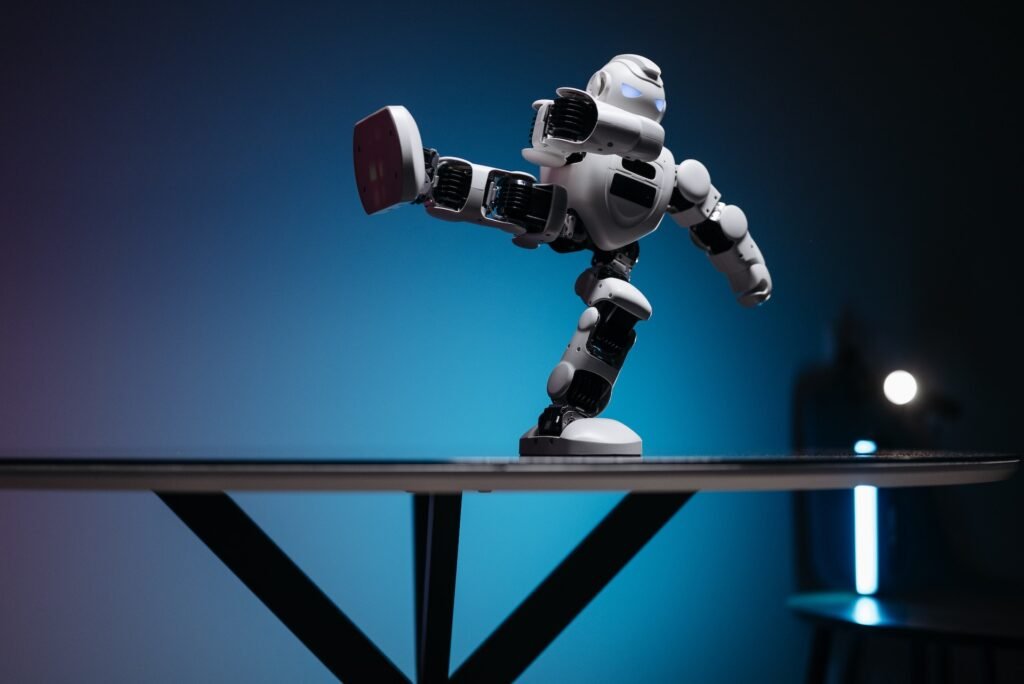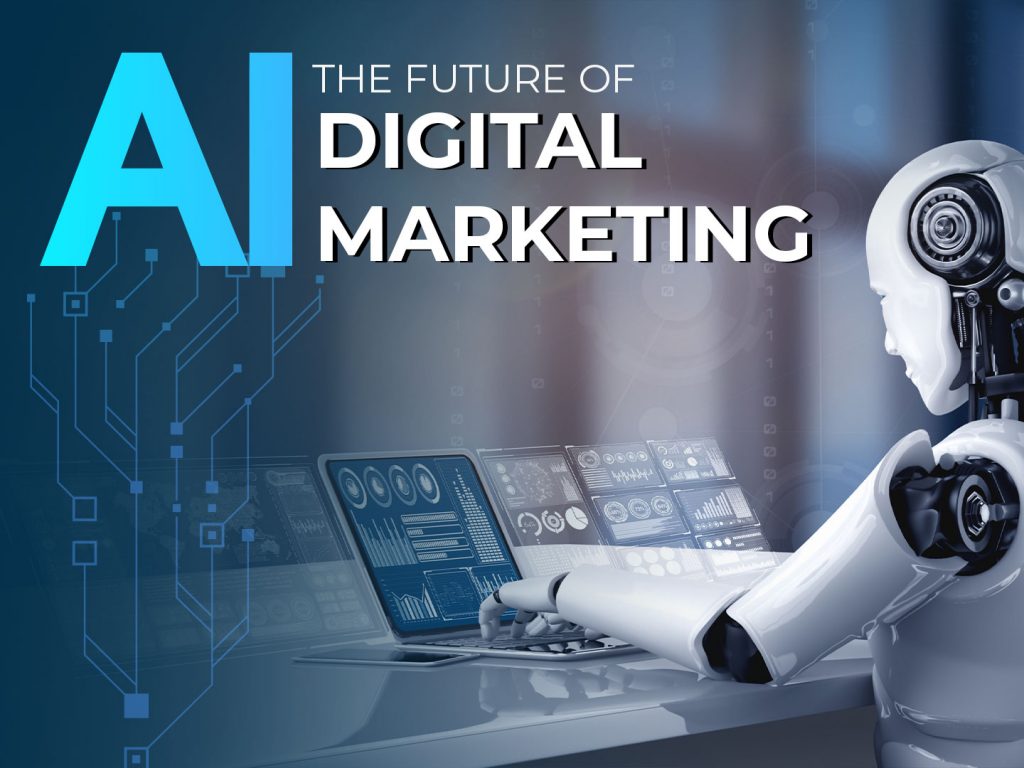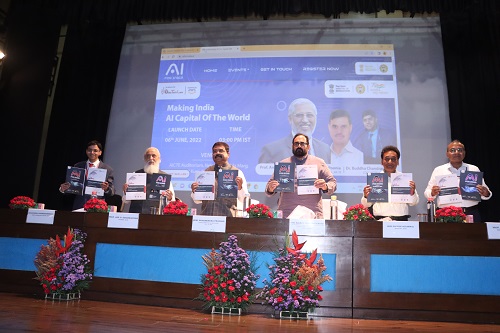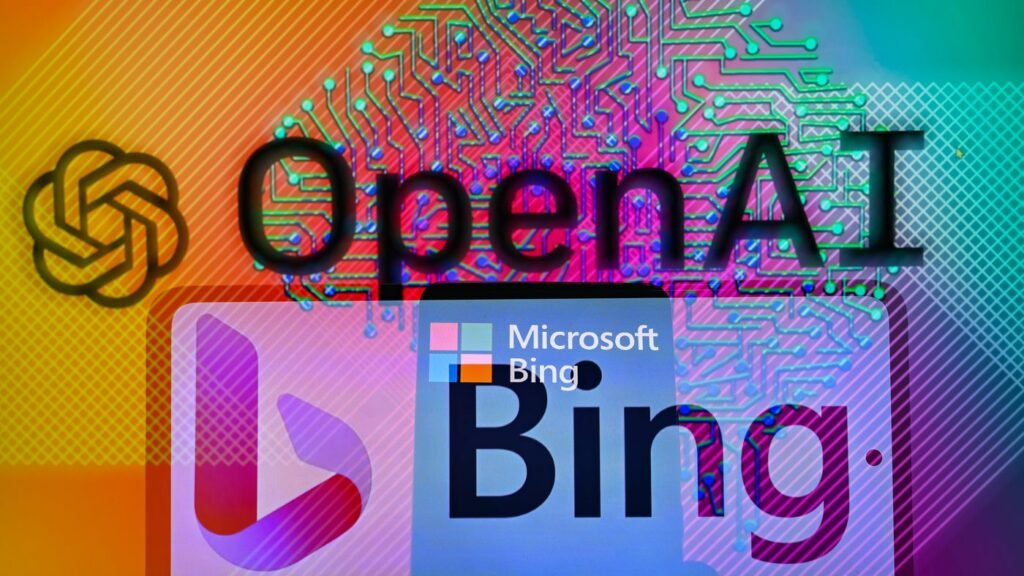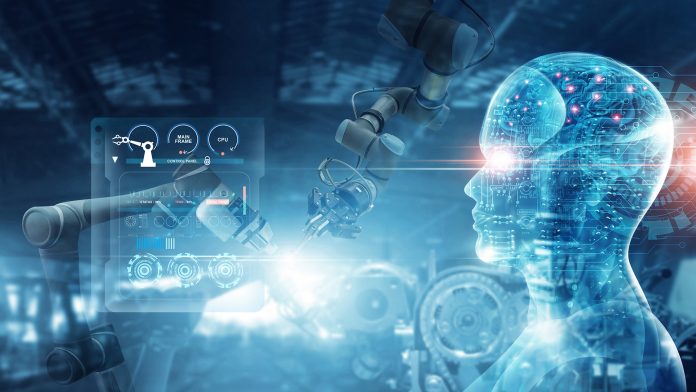Archive for February 2024
Groundbreaking soft valve technology enabling sensing and control integration in soft robots
Soft inflatable robots have emerged as a promising solution for applications that require both safety and adaptability. However, integrating sensing and control systems into these robots has been a challenge without compromising their soft and flexible nature. To address this issue, a collaborative research team led by Professor Jiyun Kim from the Department of New…
Read MoreAI and Digital MarketingThe Future is Now: AI-Powered Digital Marketing StrategiesAI and Digital Marketing
AI has revolutionized digital marketing by providing advanced tools and techniques to analyze data, optimize campaigns, personalize content, and enhance customer experiences. Here are some key ways in which AI is transforming digital marketing:
Read MoreGame-Changing Assist: How AI is Revolutionizing the World of Sports
From enhancing performance analysis to improving fan engagement, Artificial Intelligence (AI) is making its mark on the world of sports. This article explores the game-changing impact of AI in various aspects of sports, revolutionizing training, strategy, player performance, and fan experiences. Conclusion: AI is revolutionizing the world of sports, from improving player performance and strategy…
Read MoreUK and Israel sign £1.7m tech collaboration deal
The UK and Israel are set to sign an innovation and tech collaboration agreement aimed at fostering joint tech projects and advanced research areas, including quantum computing. The deal, which follows a meeting between science ministers in London, will involve a commitment of £1.7 million in support for collaborative tech initiatives. The agreement aligns with…
Read More‘Brainless’ robot can navigate complex obstacles
Researchers have extended their earlier work on soft robots by creating a “brainless” version capable of navigating more complex and dynamic environments independently. The soft robot uses physical intelligence, relying on its structural design and material properties rather than computer or human guidance. The soft robot is constructed from ribbon-like liquid crystal elastomers. When placed…
Read MoreWelcome to AI Hub.Today – A leading online platform
AI Hub Today is a leading online platform dedicated to providing the latest news, insights, and developments in the field of Artificial Intelligence (AI). As the go-to hub for AI enthusiasts, professionals, and researchers, AI Hub Today aims to keep its audience informed and inspired about the rapid advancements and transformative potential of AI. At…
Read More“Truly Mind-Boggling” Breakthrough: Graphene Surprise Could Help Generate Hydrogen Cheaply and Sustainably
A groundbreaking revelation in the field of hydrogen generation has emerged, leaving experts astounded by the unexpected capabilities of graphene. This discovery, hailing from collaborative efforts between the University of Warwick and the University of Manchester, could hold the key to a more affordable and sustainable hydrogen economy. Recent research has unveiled an astonishing property…
Read MoreVerbal nonsense reveals limitations of AI chatbots
The era of artificial intelligence (AI) chatbots that appear to understand and use language in a human-like manner has dawned. These chatbots rely on large language models, a type of neural network. However, a recent study has revealed a vulnerability in these large language models, as they can sometimes mistake nonsense for natural language. Researchers…
Read MoreHow AI helps travel industry
AI brings several benefits to the travel industry by enhancing the travel experience, improving operational efficiency, and providing personalized services. Here are some ways AI helps the travel industry: These are just a few examples of how AI benefits the travel industry. AI technologies continue to evolve, offering innovative solutions to streamline operations, deliver personalized…
Read MoreBuilding reliable Machine Learning models with limited training data
Researchers from the University of Cambridge and Cornell University have made a breakthrough in developing Machine Learning models capable of comprehending complex equations in real-world scenarios with significantly less training data than previously thought necessary. Their discovery particularly applies to partial differential equations (PDEs), a class of physical equations that describe how natural phenomena evolve…
Read More
